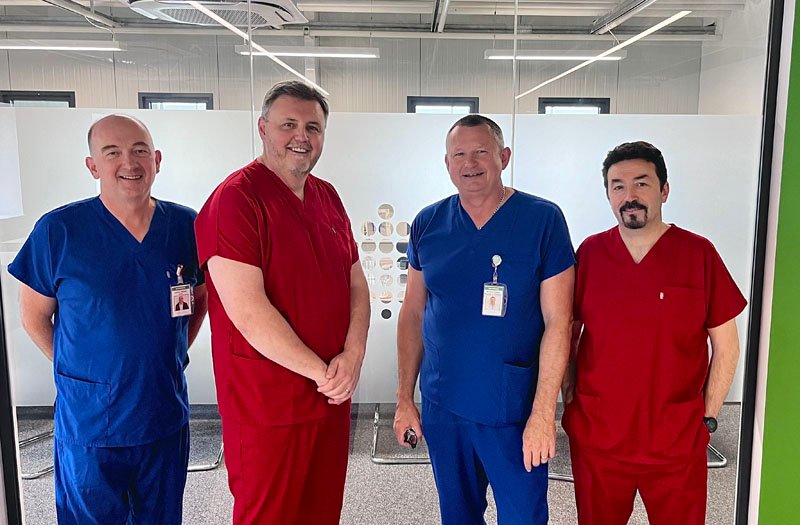The three-year project aims to support the growing need for medical cannabis by helping standardize products that meet pharmaceutical quality through environmental manipulation and the development of new cannabis plant structures.
Currently, cannabis varieties or cultivars vary widely, producing different cannabinoid profiles.
The research at Dundee aims to use controlled environmental agriculture (CEA) techniques to create a consistent product, enabling the UK to maintain its position as the world’s largest producer and exporter of medicinal cannabis.
These plants will be grown to maturity in Glass Pharms’ purpose-built 2.4 hectare semi-enclosed greenhouse facility. The facility is equipped with advanced sensor technology that tracks environmental conditions and plant growth, as well as a robotics-based container system that moves plants through different climate zones. glass room.
The research was led by Professor Derek Stewart, Director of the Center for Advanced Plant Growth, who commented: We will play a key role in improving the medicinal quality of these plants and strengthen the UK’s importance on the world stage. ”
James Duckenfield, CEO of Glass Pharms, said: “We believe that collaborating with the Center for Advanced Plant Growth on this research project will directly lead to improved health outcomes for patients in the UK.”
“The advanced cultivation facilities of APGC and Glass Pharms are an ideal combination for the development and stabilization of cannabis varieties for medical use.”
Medical cannabis was legalized in the UK in 2018 and is set to become an increasingly important part of life sciences research and pharmaceutical manufacturing in the UK.

